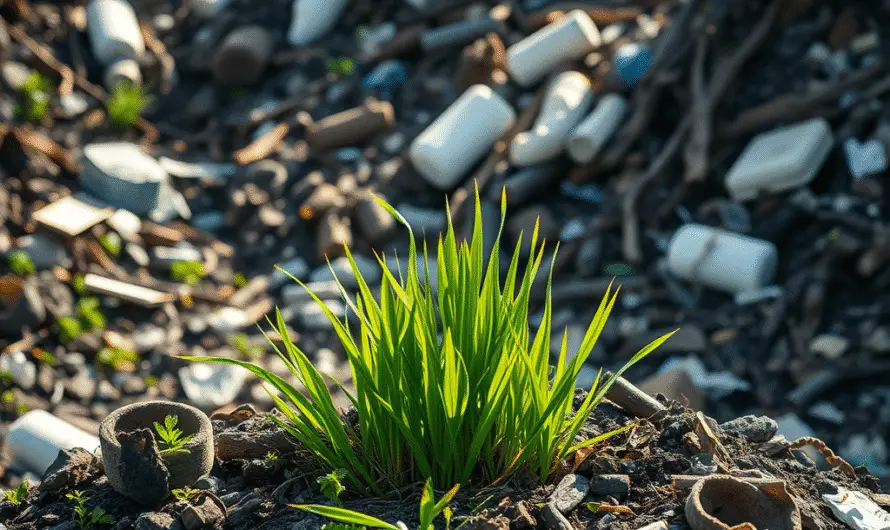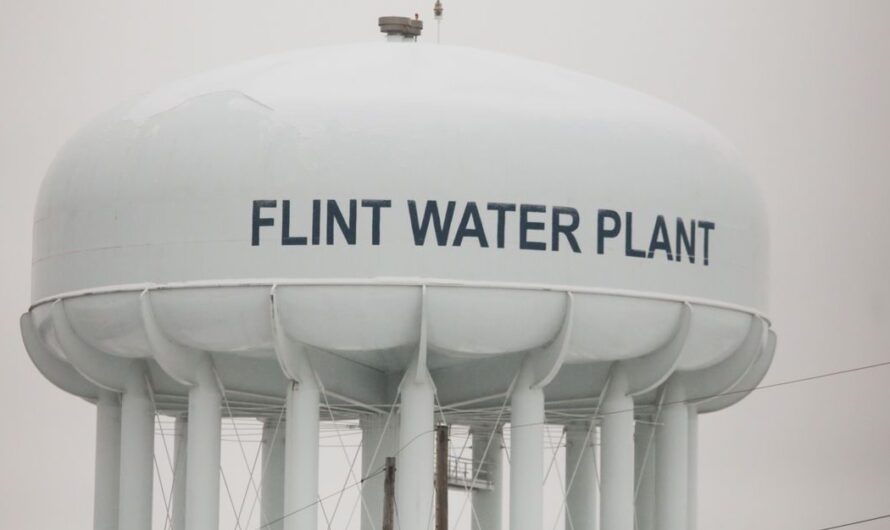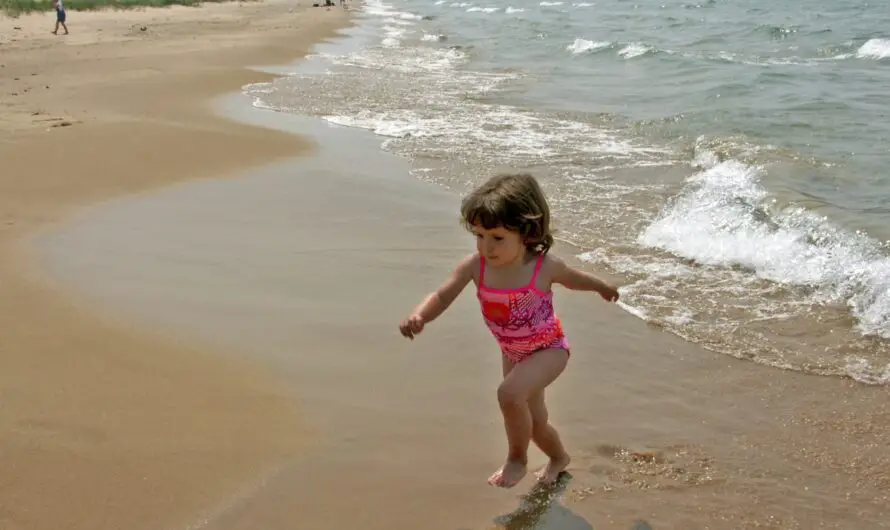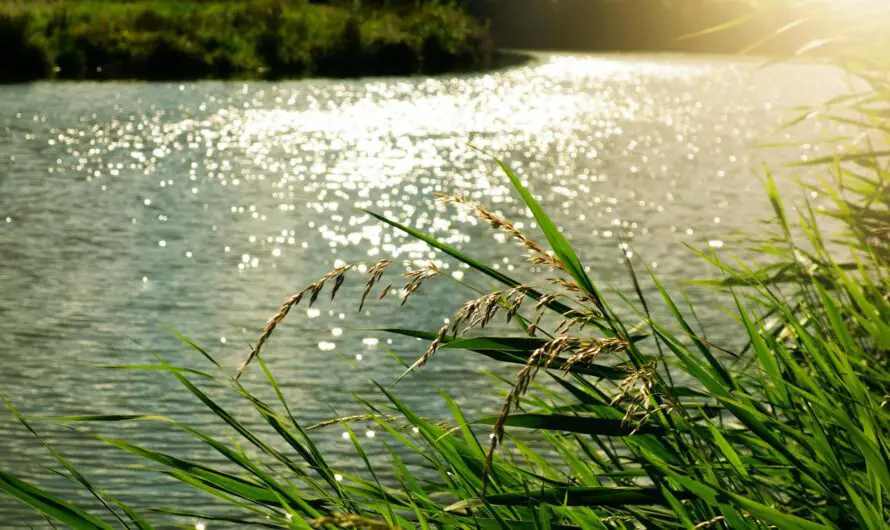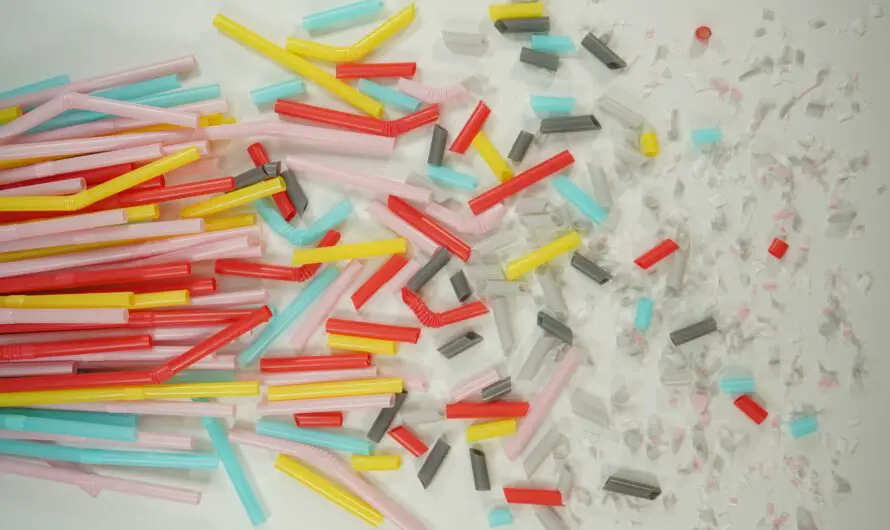Michigan PFAS Cleanup Deal Secures $1.15M in State-Funded Response
Michigan Attorney General Dana Nessel secured a decree mandating Domtar to clean PFAS-laden sludge at a Port Huron site, addressing public health concerns and facilitating statewide cleanup efforts through financial penalties and community transparency measures.


